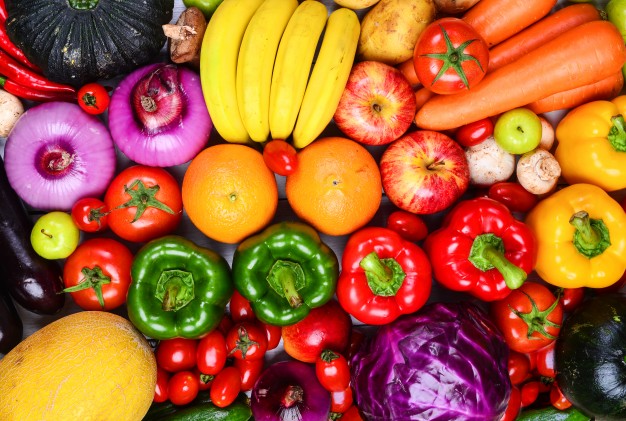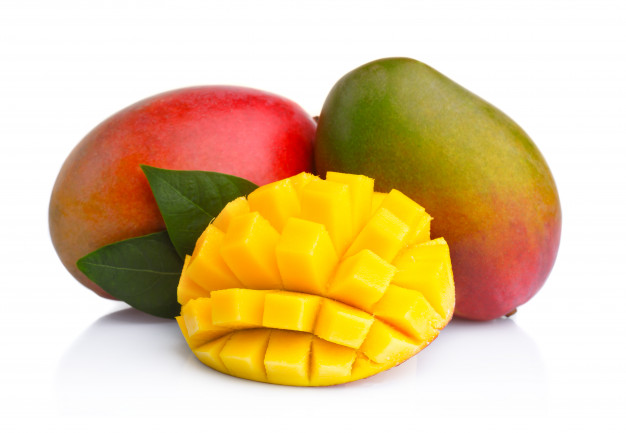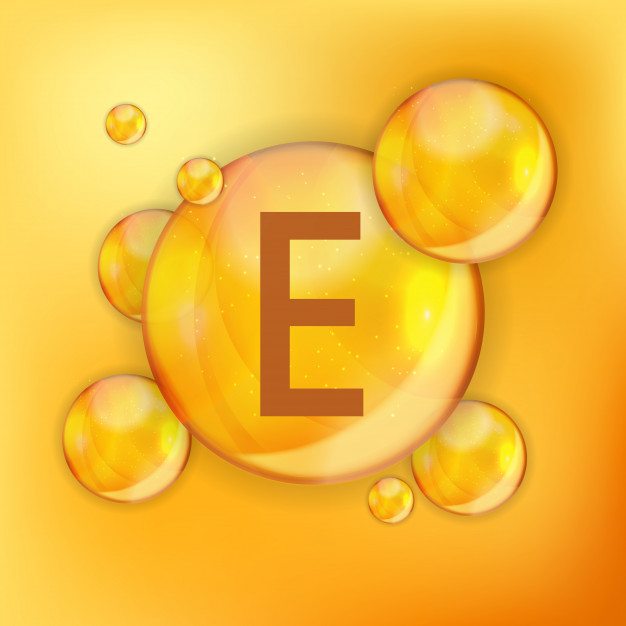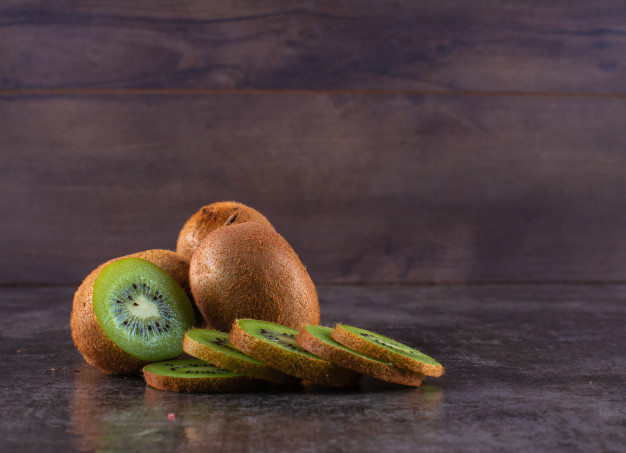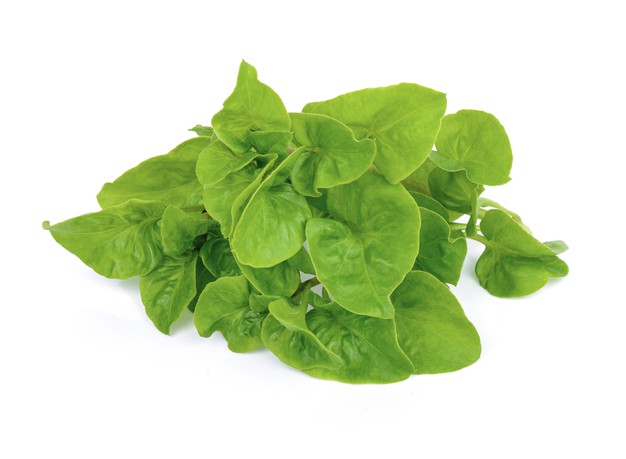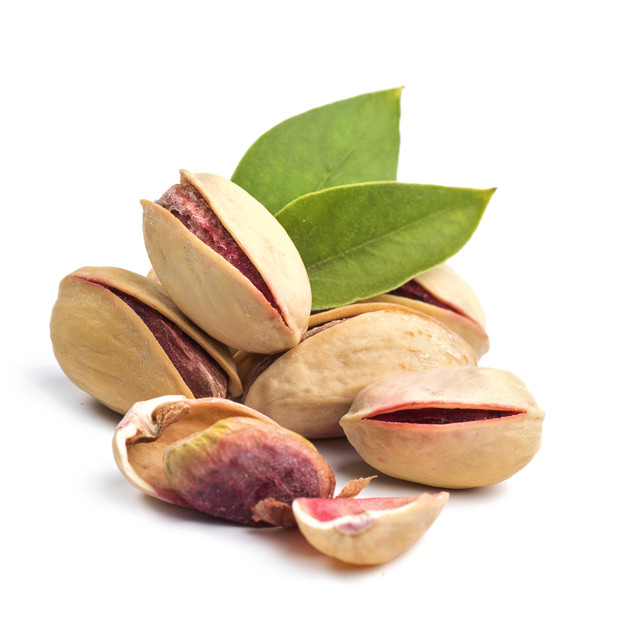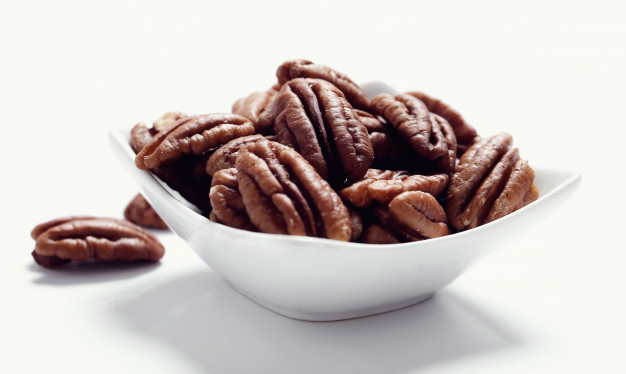Quercetin is an important plant flavonol, which belongs to the group of polyphenols especially the flavonoid group of polyphenols. It is also considered as the plant pigment that is responsible for imparting colour to plant products such as fruits and vegetables. It has numerous therapeutic advantages and extensively used for several medicinal purposes.
Source
Foods rich in quercetin are listed below –
- Onion
- Cherries
- Grapes
- Red wine
- Berries
- Broccoli
- Black tea
- Green tea
- Kale
- Cherry tomatoes
- Apple

Biological activity
Antioxidant activity
- It acts as strong antioxidant and helps to protect the body from oxidative damages
- Consumption of quercetin is extremely useful for preventing the risk of developing chronic diseases as it is associated with decreasing the concentration of free radicals within body, which are considered as one of the leading cause of chronic diseases like cancers, diabetes, cardiovascular disease etc
- It helps to prevent the oxidation of various important biological substances of body such as lipid, protein, DNA, RNA etc hence helps to sustain their functionality

Anti-inflammatory activity
- It exerts potent anti-inflammatory activity and reduces the prevalence of chronic inflammatory diseases
- It plays significant role in decreasing the concentration of TNFα or tumor necrosis factor alpha and IL-6 or interleukin-6 in body, which are considered as inflammatory markers. As it is associated with reducing the level of these inflammatory markers thus it helps to protect the body from inflammatory damages
- It has seen that those arthritic patients (especially suffer from rheumatoid arthritis) who consume quercetin daily significantly improve their symptoms and it also helps in reducing arthritic pain
Anti-carcinogenic activity
- It has strong anti-carcinogenic property that helps to decrease the level of carcinogens in body hence reduces the susceptibility of carcinoma
- It is very effective for hindering the growth of tumor cells
- It helps to protect the body from the harmful consequences of cancer by preventing metastasis
- It also plays imperative role in inducing cancerous cell death
- Its consumption is very effective for decreasing the prevalence of prostate, lymphoid, breast, adrenal, lung, liver, colon, bladder, blood and ovarian cancer
Antimicrobial activity

- Its antimicrobial activity is responsible for decreasing the susceptibility of developing infectious diseases as it plays vital role in preventing the growth and reproduction of microbial cells
- It is very effective against various viruses like adenovirus, Japanese encephalitis, herpes simplex virus and respiratory syncytial virus
- It is incredibly effective against several bacteria also, which are responsible for causing infection especially in respiratory tract, urinary tract, skin, intestine and stomach
Health benefits
Role on nervous system
- It plays imperative role in improving the functionality of nervous system
- It has seen that it is closely related with increasing neurogenesis (it is the process of synthesizing new neuron in brain) and neuronal longevity by modulating a range of kinase signaling cascades like AKT/PKB tyrosine kinase, phophoinositide 3- kinase and Protein kinase C
- It helps to protect every nerve cell from oxidative damages thus decreases the prevalence of neurodegenerative disorders
- It is very effective for improving the symptoms of Alzheimer’s disease as well as Parkinson’s disease
- It helps to prevent dementia as well
Role on cardio vascular system
- It plays significant role in promoting cardiac health and functionality
- It has seen that consumption of quercetin significantly decreases the rate of cardiac morbidity and mortality
- It has hypolipidemic activity, which helps to decrease body fat percentage thus reduces the risk of fat deposition within blood vessels. As a result is helps to prevent clot formation within blood vessels hence decreases the risk of developing atherosclerosis
- It is very effective for reducing the prevalence of coronary artery disease, angina pectoris, myocardial infarction, strokes and heart attacks
- It provides a relaxing effect on blood vessels thus helps to reduce elevated blood pressure as well

Role on immunity
- It helps to regulate the immunological responses of the body whenever necessary
- It also helps to prevent auto-immune disorders

Role on preventing allergic symptom
- Its anti-inflammatory activity is considered as the main feature that helps to provide quick relief from allergic symptoms
- It is also associated with inhibiting the releasing of histamine, histamine is known as inflammation promoting chemical, as it helps to reduce histamine level in body thus helps to improve allergic symptoms
- It is very effective for preventing asthma as well as bronchitis
Role of preventing diabetes mellitus
- It plays vital role in decreasing blood sugar concentration as it is related with promoting glycogen synthesis.
- It helps to increase insulin sensitivity, which is responsible for transporting glucose from blood to the liver, where it is stored in the form of glycogen, as a result the concentration of glucose get decreased in blood
- It is extremely effective for decreasing the prevalence of type 2 diabetes mellitus

Role on endurance
- It has seen that consumption of quercetin is very effective for improving endurance level
- It is associated with preventing muscle soreness as well as muscle fatigue thus increases the ability of muscular performance
Role on regulating cholesterol level
- Quercetin is used as an effective therapeutic agent that helps to obtain a healthy lipid profile
- It helps to decrease the concentration of LDL, VLDL and triglyceride in blood thus protects the body from the harmful effects of hypercholesterolemia
- It also helps to improve the level of HDL, which is related with removing extra cholesterol from body and also prevents plaque formation within artery thus reduces the risk of developing cardiac disorders
- Its cholesterol lowering effect plays significant role in reducing the risk of developing gall stones as well
Other health benefits
- It is extensively used for treating upper respiratory infections
- Consumption of quercetin is very effective for improving the function of transplanted kidney
- It helps to improve the symptoms of gout
- It is also very helpful for treating Hay fever
- It helps to prevent Schizophrenia as well
- It also helps to promote digestive health and plays significant role in reducing the prevalence of ulceration especially in stomach and intestine
- It helps to improve the symptoms of CFS (Chronic Fatigue Syndrome)
- Its consumption is very effective for promoting vision and also helps to reduce the risk of developing cataract

General consideration of using quercetin
- It is better to consume 500mg of quercetin per day
- Onion is considered as the richest source of quercetin hence consumption of onion is very effective for fulfilling the requirement of quercetin in body
- Quercetin is found in natural food sources (mentioned above), it is also available in supplemented form
- It is better to consume quercetin from food stuffs rather than consuming it from supplements as consumption of quercetin from natural food source is absolutely safe but excessive consumption of supplements may exhibit various side effects
Risk factors
- Excessive consumption of quercetin especially quercetin supplements is responsible for developing various health complications like tingling sensations, headache and stomachache
- It has also seen that quercetin can interact with various medications like hypotensive drugs or antibiotics thus individuals who are taking these types of drugs should consult with respective health experts before consuming quercetin or its supplements
- It is better for pregnant and lactating women to avoid the consumption of quercetin supplements


Source:
Batiha, G.E.S., Beshbishy, A.M., Ikram, M., Mulla, Z.S., El-Hack, M.E.A., Taha, A.E., Algammal, A.M. and Elewa, Y.H.A., 2020. The pharmacological activity, biochemical properties, and pharmacokinetics of the major natural polyphenolic flavonoid: quercetin. Foods, 9(3), p.374.
Dabeek, W.M. and Marra, M.V., 2019. Dietary quercetin and kaempferol: Bioavailability and potential cardiovascular-related bioactivity in humans. Nutrients, 11(10), p.2288.
Ezzati, M., Yousefi, B., Velaei, K. and Safa, A., 2020. A review on anti-cancer properties of Quercetin in breast cancer. Life sciences, 248, p.117463.
Kumar, R., Vijayalakshmi, S. and Nadanasabapathi, S., 2017. Health benefits of quercetin. Def Life Sci J, 2(2), pp.142-151.
Lesjak, M., Beara, I., Simin, N., Pintać, D., Majkić, T., Bekvalac, K., Orčić, D. and Mimica-Dukić, N., 2018. Antioxidant and anti-inflammatory activities of quercetin and its derivatives. Journal of Functional Foods, 40, pp.68-75.
Shatylo, V., Antoniuk-Shcheglova, I., Naskalova, S., Bondarenko, O., Havalko, A., Krasnienkov, D., Zabuga, O., Kukharskyy, V., Guryanov, V. and Vaiserman, A., 2021. Cardio-metabolic benefits of quercetin in elderly patients with metabolic syndrome. PharmaNutrition, 15, p.100250.
Ulusoy, H.G. and Sanlier, N., 2020. A minireview of quercetin: from its metabolism to possible mechanisms of its biological activities. Critical reviews in food science and nutrition, 60(19), pp.3290-3303.
